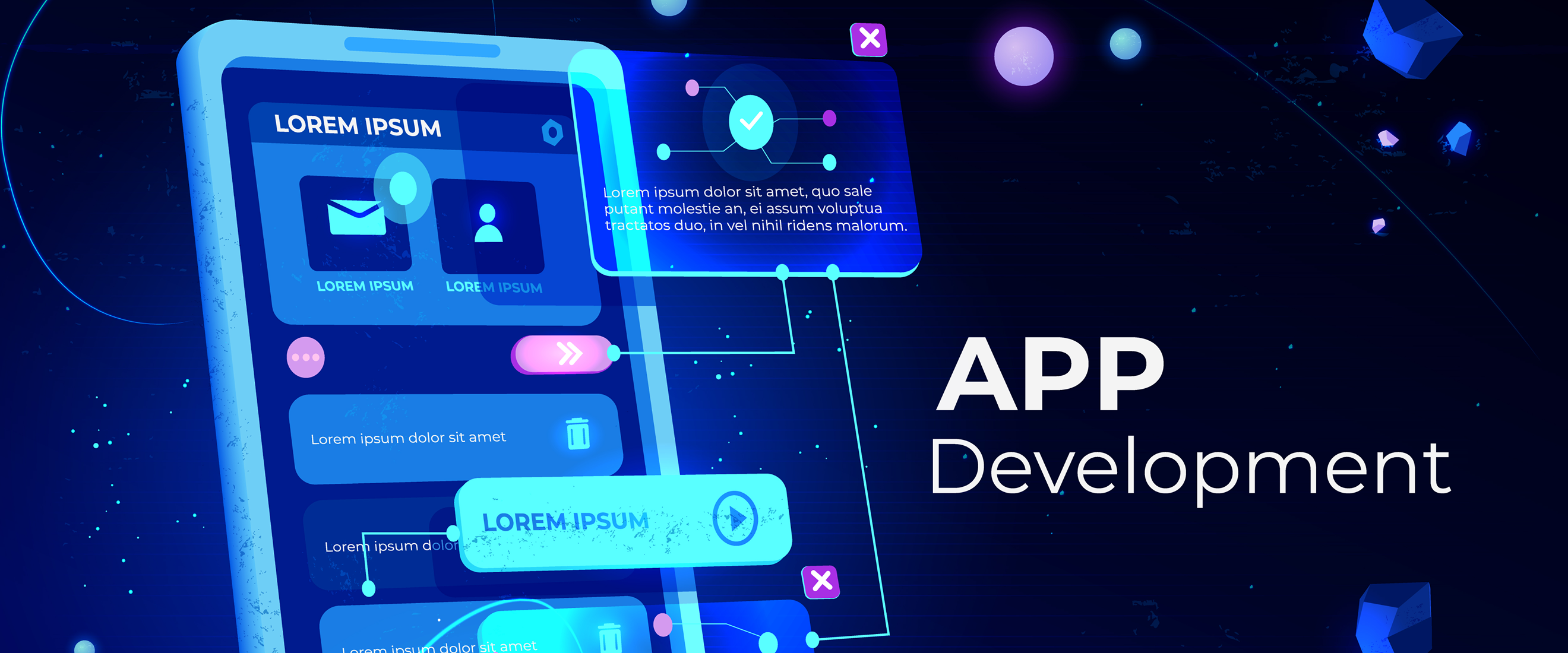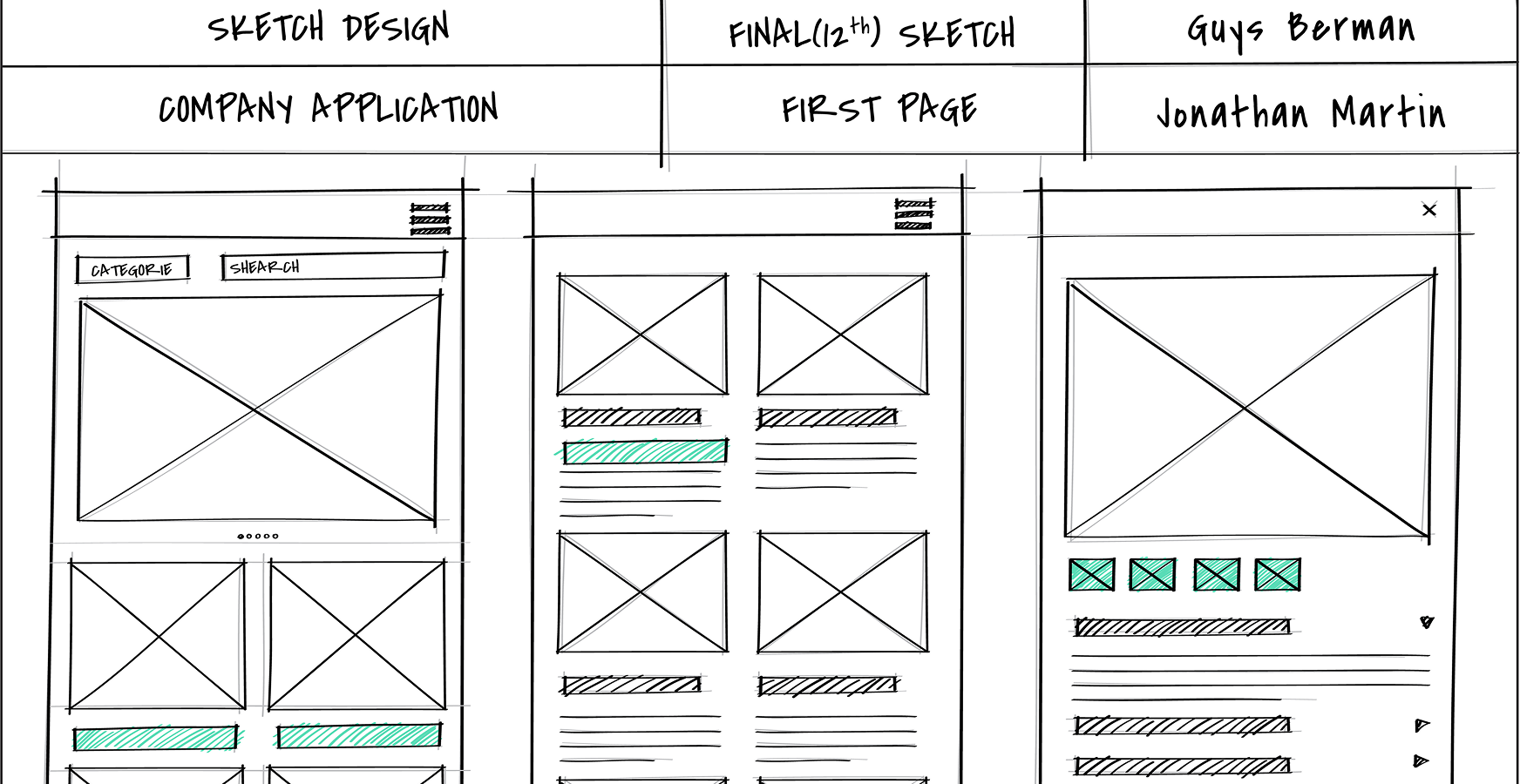
Mobile app development has become a cornerstone of the tech industry as mobile devices continue to dominate our daily lives. Whether building an iOS, Android, or cross-platform app, developers need a robust set of tools to streamline the development process, enhance productivity, and deliver high-quality applications. With the increasing demand for feature-rich, responsive, and fast mobile apps, selecting the right tools is crucial. In this article, we will explore some of the best tools available in 2024 that can significantly aid mobile app developers in creating efficient, scalable, and high-performance applications.

1. Xcode (iOS Development)
For iOS app developers, Xcode is an essential tool. Developed by Apple, Xcode is the official integrated development environment (IDE) for macOS, used for developing software for Apple's platforms, including iOS, macOS, watchOS, and tvOS. Xcode provides a comprehensive suite of tools that makes the process of app development more efficient.
Features:
Interface Builder: Drag-and-drop UI components for designing app interfaces.
Swift and Objective-C support: The IDE supports both languages, allowing developers to use the most current and popular iOS development frameworks.
Simulator: Test apps on different iPhone models directly from the IDE.
Why it's beneficial: Xcode offers a seamless experience for iOS app development, providing everything needed in one place, from writing code to testing and debugging.
2. Android Studio (Android Development)
For Android app developers, Android Studio is the most widely used and preferred IDE. Developed by Google, Android Studio is designed specifically for Android development, offering a suite of tools and features tailored to streamline the development process.
Features:
Powerful Emulator: The Android Emulator allows developers to simulate different device configurations for testing purposes.
Intelligent Code Editor: With features like autocompletion, refactoring, and code linting, it helps developers write clean and efficient code.
Built-in Profiler: Android Studio’s profiler helps monitor CPU, memory, and network usage to optimize app performance.
Jetpack Libraries: Pre-built, production-ready components to simplify app development.
Why it's beneficial: Android Studio offers excellent integration with the Android SDK and allows developers to create high-performance apps with better debugging, testing, and profiling tools.
3. Flutter (Cross-Platform Development)
Flutter, developed by Google, is one of the leading frameworks for cross-platform app development. With Flutter, developers can create native-looking apps for both Android and iOS using a single codebase. This can dramatically reduce development time and costs.
Features:
Hot Reload: See real-time changes as you code, which speeds up the development process.
Customizable Widgets: Flutter offers a wide variety of pre-built widgets to create responsive and interactive UIs.
Dart Language: Uses Dart, a modern programming language optimized for mobile apps.
Why it's beneficial: Flutter allows developers to maintain a single codebase for both iOS and Android, leading to faster development cycles, lower maintenance costs, and an easier path to market.
4. React Native (Cross-Platform Development)
React Native, developed by Facebook, is another popular framework for building mobile apps that work on both iOS and Android. React Native allows developers to use JavaScript to build cross-platform apps, making it an ideal choice for developers already familiar with JavaScript.
Features:
Reusable Code: React Native enables developers to reuse code across platforms, reducing development time and costs.
Rich Ecosystem: A vast selection of libraries and modules is available to speed up app development.
Native Components: React Native bridges the gap between native apps and JavaScript, providing near-native performance.
Why it's beneficial: React Native simplifies mobile app development by using the popular JavaScript language, and developers can easily integrate native components for better performance and user experience.
5. Firebase (Backend-as-a-Service)
Firebase, a Google-owned platform, provides mobile app developers with a range of backend services, including databases, authentication, analytics, and more. Firebase can save developers significant time by providing backend functionality that would otherwise need to be built from scratch.
Features:
Realtime Database: Sync data across users in real time.
Firebase Authentication: Easily integrate sign-in methods (email, Google, Facebook, etc.).
Firebase Cloud Messaging: Send notifications and messages to users across different platforms.
Crashlytics: Track app crashes in real time to improve app stability.
Why it's beneficial: Firebase simplifies backend development and scaling, offering a full suite of services that eliminate the need for managing separate backend infrastructure. It’s particularly useful for developers who want to focus more on the front-end and user experience.
6. Appium (Mobile App Testing)
Appium is an open-source tool that automates testing for mobile apps across native, hybrid, and mobile web apps. With Appium, developers can write tests using various programming languages such as Java, Python, JavaScript, and Ruby.
Features:
Cross-Platform Support: Appium supports Android and iOS, which allows developers to write tests once and run them across both platforms.
WebDriver Protocol: Appium uses the WebDriver protocol for driving mobile apps, which is widely used for automating web browsers.
Supports Multiple Languages: Appium supports Java, Ruby, Python, C#, JavaScript, and more, making it easy for developers to write tests in their preferred language.
Why it's beneficial: Appium is a highly flexible testing framework that supports automated testing across different platforms. This can help speed up testing, reduce human error, and ensure high-quality apps.
7. Sketch (UI/UX Design)
While not a coding tool, Sketch is an essential tool for mobile app developers involved in designing the user interface (UI) and user experience (UX) of their apps. Sketch is widely used by designers to create high-fidelity prototypes and wireframes for mobile apps.
Features:
Artboards: Sketch provides a variety of artboards for designing different screen sizes for mobile, tablets, and other devices.
Symbols: Create reusable design elements for a consistent app interface.
Plugins and Integrations: Sketch has a vast ecosystem of plugins that extend its functionality, such as prototyping and collaboration tools.
Why it's beneficial: Sketch streamlines the UI/UX design process by offering an intuitive interface for creating stunning app designs and prototypes. Developers can hand off the design files to developers seamlessly, ensuring that the final product stays true to the original vision.
8. Postman (API Testing and Development)
When developing mobile apps, developers often need to integrate third-party APIs for data exchange and communication. Postman is one of the best tools for API testing and development, allowing developers to create, test, and document APIs efficiently.
Features:
API Testing: Postman allows you to send requests to an API and validate responses easily.
Automated Testing: Set up automated tests for APIs to ensure that they are performing as expected.
Environment Management: Manage different environments (e.g., development, staging, production) to test APIs in different contexts.
Why it's beneficial: Postman simplifies the API development process, enabling developers to ensure seamless API communication and integrations within their mobile apps.
9. Swiftic (App Builder for Beginners)
For developers looking to build simple mobile apps quickly, Swiftic is a no-code app development platform that enables users to create Android and iOS apps without needing to write complex code. It’s particularly beneficial for small businesses or individual developers who want to create functional apps without extensive programming knowledge.
Features:
Pre-built Templates: Choose from various customizable templates for different app types (business, e-commerce, blog, etc.).
Push Notifications: Send notifications to app users to keep them engaged.
Easy Integration: Swiftic offers simple integrations with social media, payment systems, and other third-party services.
Why it's beneficial: Swiftic makes mobile app development accessible to non-developers, while also providing enough customization options for developers to create useful apps with minimal effort.
10. Zeplin (Design Handoff Tool)
Zeplin is a design handoff tool that bridges the gap between designers and developers. It allows designers to upload their UI designs from tools like Sketch, Figma, and Adobe XD, which developers can then use to implement the designs in their apps.
Features:
Automatic Code Generation: Zeplin automatically generates style guides and code snippets for developers, ensuring a smooth transition from design to code.
Collaboration: Developers and designers can leave comments, track changes, and collaborate seamlessly.
Design Specs: Access design specs like colors, typography, spacing, and assets easily.
Why it's beneficial: Zeplin streamlines the collaboration between designers and developers, ensuring that the final app closely matches the initial design vision and reduces errors in the handoff process.